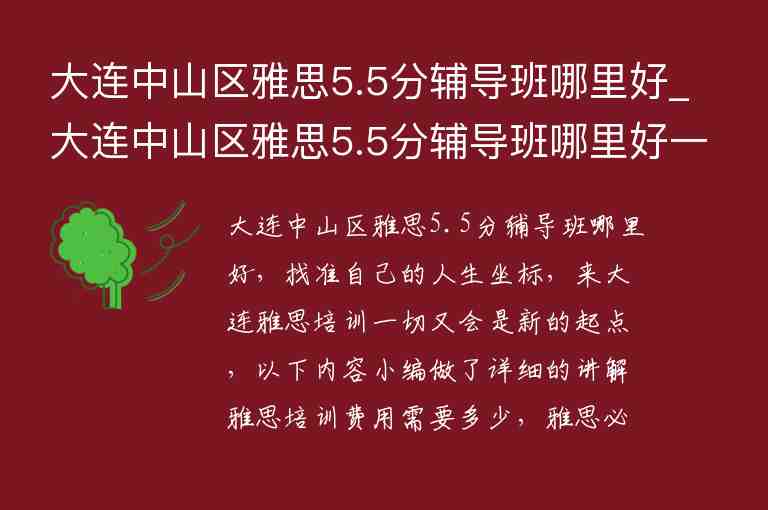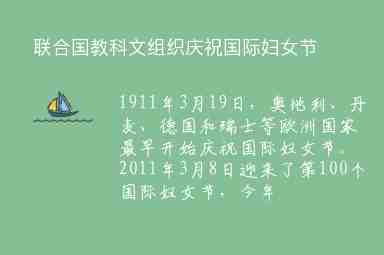国运是指一个的命运和发展走向。它是由的、经济、文化、社会等多方面因素共同决定的,也受到历史、地理、人文等因素的影响。国运是一个所处时代的总体发展趋势,它反映了一个在特定时期内的稳定性、社会繁荣与发展水平。
怎么读(音标)
guó yùn [ɡuó yùn]
用法
作为名词使用,常用于描述一个或民族的命运和发展状况。也可以用来形容一个人或团体所处的境遇和前途。
例句1-5句且中英对照
1. 自改革开放以来,国运日益强盛,成为世界上最具影响力的大国之一。
China's national destiny has become increasingly strong since the reform and opening up, making it one of the most influential countries in the world.
2. 历史上有许多例子表明,一个强大的领导者可以引领一个走向繁荣昌盛,也可以导致其国运衰退。
History has shown many examples that a strong leader can lead a country to prosperity, or lead it to decline.
3. 这个小小的岛屿曾经是一片贫瘠之地,但如今却发展成为一个经济强国,这是国运的转变带来的巨大变化。
This small island used to be a barren land, but now it has developed into an economic powerhouse, which is the result of the change in its national destiny.
4. 随着经济的快速发展,人民生活水平提高,这也是国运的显著标志。
With the rapid development of the country's economy, people's living standards have improved, which is also a significant sign of national destiny.
5. 作为一个民族的一员,我们应该为自己的命运负责,并为实现的繁荣与发展做出自己的贡献。
As a member of a nation, we should take responsibility for our country's destiny and contribute to its prosperity and development.
同义词及用法
1. 国命:指一个所处时代的总体发展趋势和命运。与“国运”意思相近,但“国命”更强调历史和命运的关联性。
2. 国势:指一个在、经济、等方面的实力和发展情况。与“国运”意思相近,但“国势”更偏重于对具体领域或方面的描述。
3. 国祚:指一个朝代或王朝期间所享有的荣誉和兴衰。与“国运”意思相近,但“国祚”更多用于古代的历史描述。
编辑总结
国运是一个的命运和发展走向,它反映了一个在特定时期内的稳定性、社会繁荣与发展水平。作为名词使用,常用于描述一个或民族的命运和发展状况。同义词有“国命”、“国势”、“国祚”。我们作为一个民族的一员,应该为自己的命运负责,并为实现的繁荣与发展做出自己的贡献。


